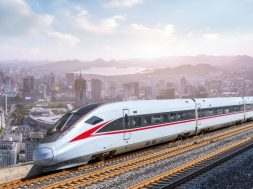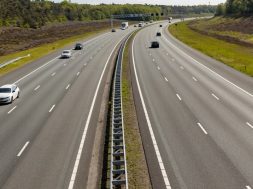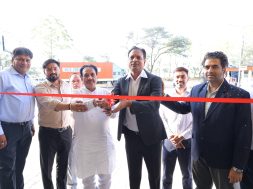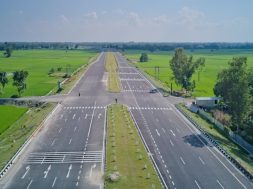Responsibility, resource efficiency to expedite project completion
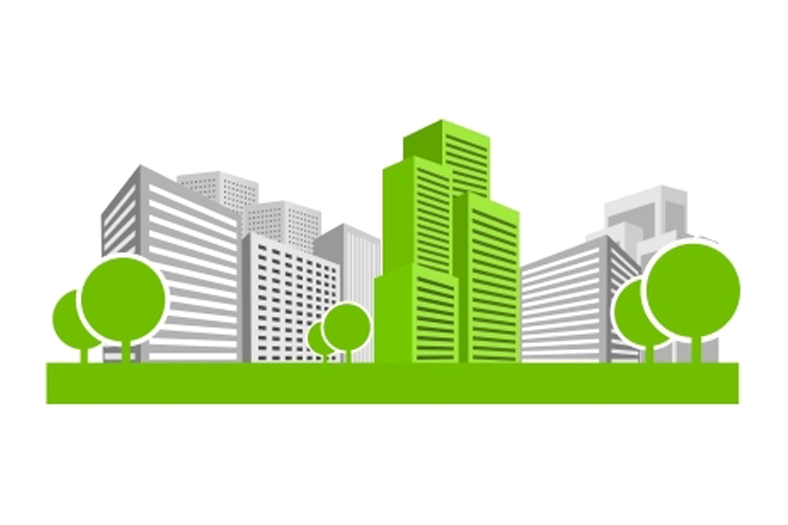
Smart City is the trending buzzword these days. Simply put, a smart city is a city that employs technological advances to achieve better functioning and resource efficiency.
The Smart City Mission – an urban renewal and retrofitting program by the government and Prime Minister Narendra Modi – has a mission to develop 100 cities across the country making them citizen friendly and sustainable. The Union Ministry of Urban Development is the agency responsible for the enactment of the mission in collaboration with the state governments of the respective cities. In Indian context, to achieve Smart City Mission, each citizen needs to behave responsibly and handle resources efficiently in micro and macro level.
There are a number of advanced technologies in this regard that help envision a glittering future. Metro rail systems, 5G internet connectivity, connection of all cyber-physical systems, Artificial Intelligence and robotics are all impressive ideas on paper, but before their application, we must ensure that our building blocks and infrastructure are guarded against failure.
A smart city isn’t just about technology. It is about building large-scale living communities that optimise human comfort and well-being while holistically uniting sustainability with technological advances.
The major challenges faced by the Smart City mission are governance, resource reliability and retrofitting existing legacy city infrastructure to make it smart. Effective horizontal and vertical coordination between various institutions providing various municipal amenities as well as effective coordination between central government, state government and local government agencies is problematic. Smart cities need to have universal access to electricity 24×7; which is not possible with the existing supply and distribution system. Cities need to shift towards renewable sources and focus on green buildings and green transport to reduce the need for conventional-resource generated electricity.
Green building is the practice of creating structures and using processes that are environmentally responsible and resource-efficient throughout a building’s life-cycle from siting to design, construction, operation, maintenance, renovation and deconstruction. Besides operation & maintenance, Green Buildings offer several benefits to end users like- better indoor air quality and consequently improved ergonomics, optimal resource efficiency and enhanced quality of life. Various state governments across the country offer lucrative fiscal benefits to developers to encourage green building practices.
The integration of formerly isolated legacy systems to achieve citywide efficacies can be a momentous challenge. Resource efficiency is a very significant aspect of Smart City sustainability. The key to resource efficiency is Reduce, Reuse and Recycle; the 3R principle. The best way to ensure implementation of 3R is by implementing environmental sustainability at the grass root level. For this purpose, I believe each and every building within a smart city MUST be green.
Existing buildings are a vexing problem in smart cities. Demolishing existing buildings to rebuild them according to idealistic visions would wreak havoc on our society and consume enormous amounts of resources. Instead, we need to retrofit our existing developments. There are effective green building certification programs for existing buildings in India. These programs help set and develop guidelines for implementation. The Indian Green Building Council (IGBC) for example, has several ratings for existing buildings like Green Residential Societies (GRS) and Existing Buildings- Operation & Maintenance (O&M). These certification programs coupled with green governance would ascertain environmental sustainability at the building level in any Smart City.
In a developing country like India, most of the populace is unaware of the pressing need for responsible development. The internet has reached remote corners of our country, smartphones are now everywhere. Technology seems like a promising answer to most of our problems as a growing economy. But Technology must not come at the cost of sustainability. Every citizen of our country must make informed, educated decisions to ensure that technology is not just enjoyed by our peers but all our generations to come.
Author details:
Ms. Mala Singh,
Chairperson & MD, PEC Greening India
Vice-Chair IGBC- Mumbai Chapter.
Cookie Consent
We use cookies to personalize your experience. By continuing to visit this website you agree to our Terms & Conditions, Privacy Policy and Cookie Policy.
